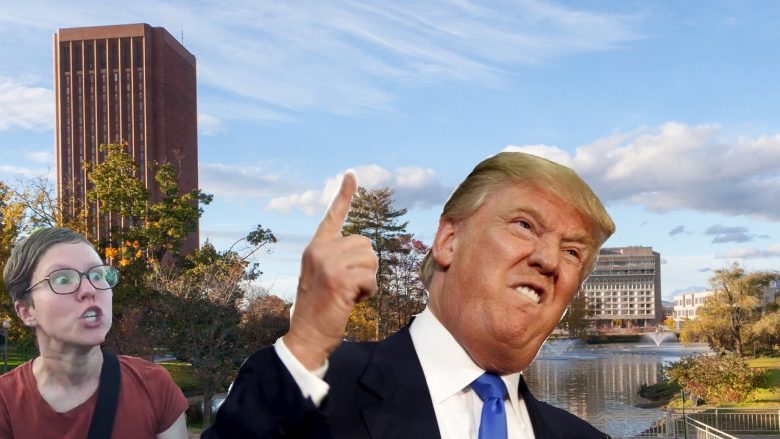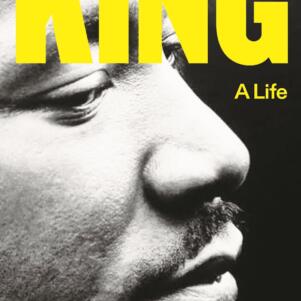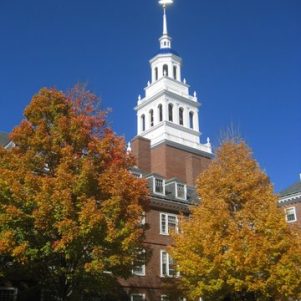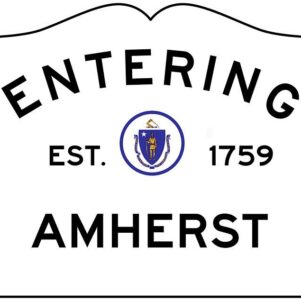SESSIONS: Justice Department “Will Enforce Federal Law, Defend Free Speech” at Massachusetts Colleges and Universities
By State House News Service | October 9, 2017, 11:32 EDT

DOJ PLANS INVOLVEMENT IN MORE HIGHER ED FREE SPEECH CASES
By Stephanie Murray
STATE HOUSE NEWS SERVICE
AMHERST, MASS., OCT. 9, 2017….Colleges and universities in Massachusetts have grappled with free speech and First Amendment rights in recent years — especially when controversial speakers come to town.
The debate over free speech and counter-protests was recently elevated when Attorney General Jeff Sessions in late September called the American college campus “an echo chamber of political correctness and homogeneous thought, a shelter for fragile egos” during a speech at the Georgetown University Law School.
Sessions said he believes free speech on college campuses is under attack and advocated for First Amendment rights over “disruptive tactics” of hecklers who try to stop controversial speakers. There’s been a “crackdown on speech” on campuses spanning “creeds, races, issues and religions,” he said.
“The Department of Justice will do its part in this struggle. We will enforce federal law, defend free speech, and protect students’ free expression from whatever end of the political spectrum it may come,” Sessions said Sept. 26. “To that end, we are filing a Statement of Interest in a campus free speech case this week and we will be filing more in the weeks and months to come.”
The Georgia free speech case pertains to the on-campus expressions of a Christian group that the justice department believes were improperly constricted, said Sessions, who urged all higher education officials “push back against some of the trends we’re seeing today,” including efforts to block free speech.
Sessions himself used his speech to denounce an incident in Michigan in 2016 in which he said local officials arrested and jailed individuals on a public college campus “for handing out copies of the United States constitution.” He said one third of public campuses surveyed by the Foundation for Individual Rights in Education had written policies banning disfavored speech, including one policy banning “conduct that a reasonable person would find offensive.”
“For publicly run institutions, the easy answer is that upholding free speech rights is not an option, but an unshakable requirement of the First Amendment,” Sessions said. “But even setting aside the law, the more fundamental issue is that the university is supposed to be the place where we train virtuous citizens. It is where the next generation of Americans are equipped to contribute to and live in a diverse and free society filled with many, often contrary, voices.”
But it isn’t always that easy, as Sessions’ appearance at Georgetown proved. Dozens of protesters took a knee ahead of Sessions’ speech, inspired by protests during the national anthem led by NFL players that both President Donald Trump and Sessions have railed against. Asked about condemnations of those protests, Sessions said “the president has free speech rights too” and called it “a big mistake to protest in that fashion … ”
During his speech, Sessions criticized “free speech zones,” or protest areas set up on campuses, but protesters who opposed his visit were corralled by Georgetown officials in such zones, the New York Times reported.
Clashes over free speech have come to a head here in Amherst, a college town in the western part of the state home to more than 30,000 students who attend the University of Massachusetts Amherst, Amherst College and Hampshire College.
As Sessions pointed out, debates over free speech often flare up around controversial speakers. UMass Amherst caught national attention last year when its campus hosted panel called “The Triggering: Has Political Correctness Gone Too Far?” headlined by Milo Yiannopoulos, a conservative associated with the alt-right. Other speakers at the UMass College Republicans event included Christina Hoff Sommers and Steven Crowder.
Yiannopoulos proclaimed “feminism is cancer” and inflamed protesters sprinkled throughout the crowd who shouted and booed. Two female protesters who referred to his comments as “hate speech” faced harassment online for months after the event.
According to a study from theBrookings Institute released this summer, 51 percent of college students surveyed say it is acceptable to shout over a speaker they do not agree with so the audience cannot hear them. Further, 1 in 5 college students believes it is acceptable to use violence to prevent a speaker from speaking, the study said, if they are known to make “offensive and hurtful statements.”
To foster a “supportive environment” on campus, UMass Amherst operates a “Hate Has No Home At UMass” campaign, Chancellor Kumble Subbaswamy told the faculty Senate earlier this fall.
“But make no mistake, we will pursue these goals while maintaining our commitment to academic freedom and the free exchange of ideas. Because in this era of fake news and alternative facts, the unfettered exploration of new ideas, grounded in research and scholarship, is more important than ever,” Subbaswamy said at that time, according to UMass spokesman Ed Blaguszewski.
At Amherst College, the fall semester got off to a raucous start when an anti-war banner appeared above a dining hall on Sept. 11. “There is no flag large enough to cover the shame of killing innocent people,” the banner read. “In honor of those killed and displaced by America’s so called ‘war on terror.'”
Amherst officials called the banner “deeply insensitive” but said the college’s obligation to free speech prevented its removal, the Boston Herald reported.
In 2015, Amherst College was at the center of another free speech debate for its “Amherst Uprising” sit-in after “Free Speech” and “All Lives Matter” posters appeared on campus.
On the other side of town, protests erupted at Hampshire College last year after students burned the American flag after the 2016 election. When Hampshire decided not to fly the flag immediately after, the college caught national attention and hundreds of pro-flag protesters swarmed the campus.
When the flag was flown again in December, Hampshire College President Jonathan Lash said the flag hadn’t been lowered to make a political statement or offend veterans, but to “facilitate much-needed dialogue” on campus.
“This is what free speech looks like. We believe in it, we will continue this work on campus, and we will look for ways to engage with our neighbors in the wider community. We raise the flag now as a symbol of that freedom, and in hopes for justice and fairness for all,” Lash said in a statement.












